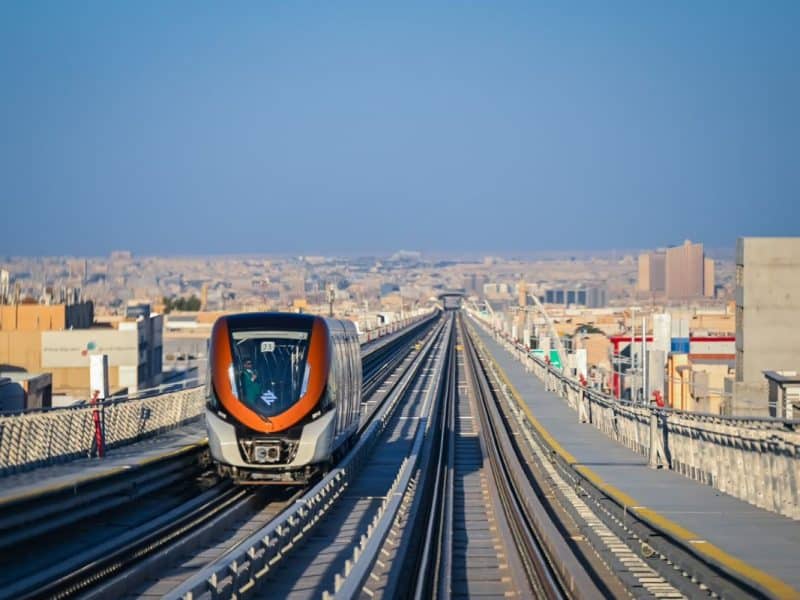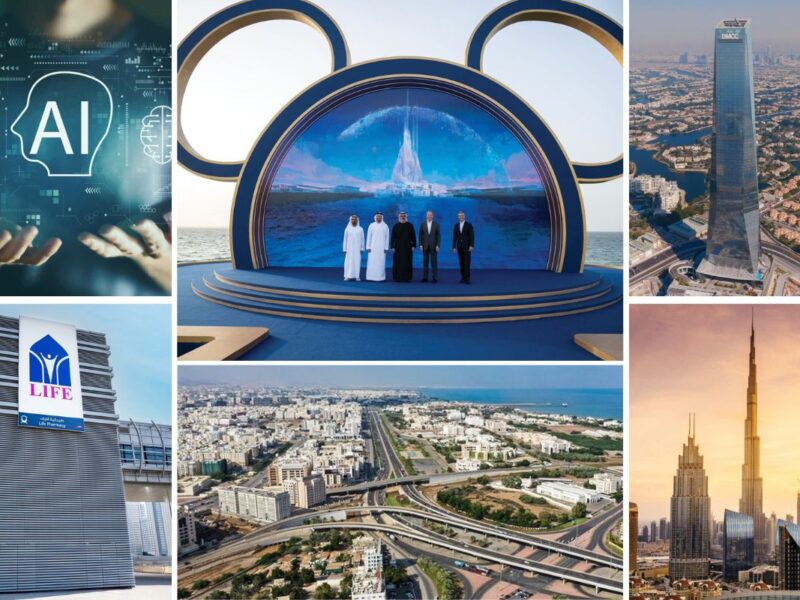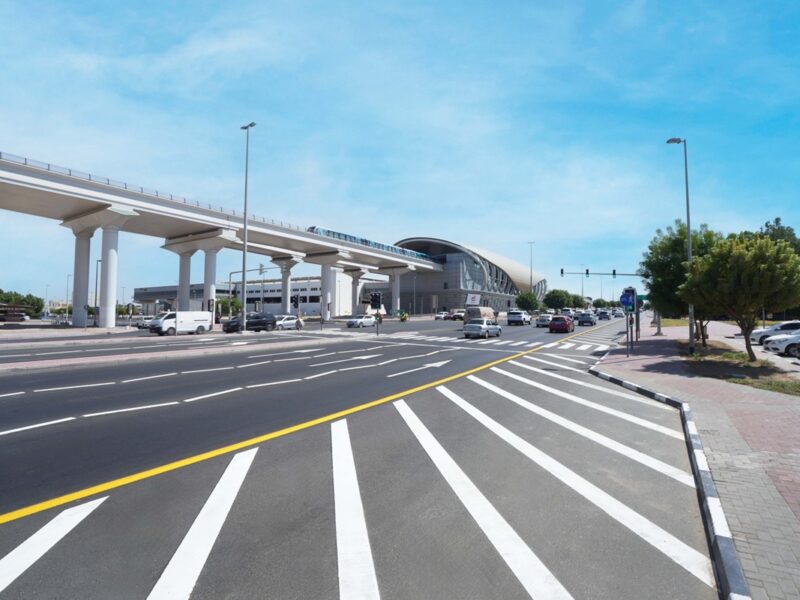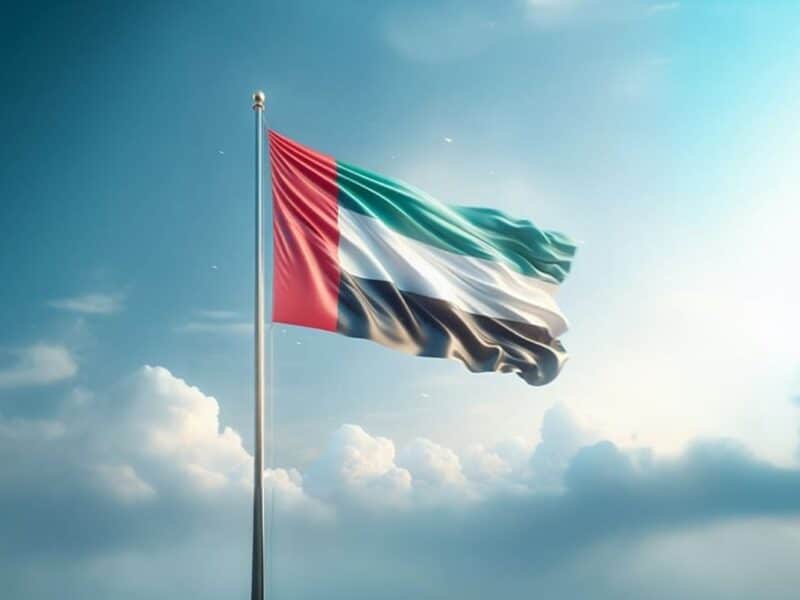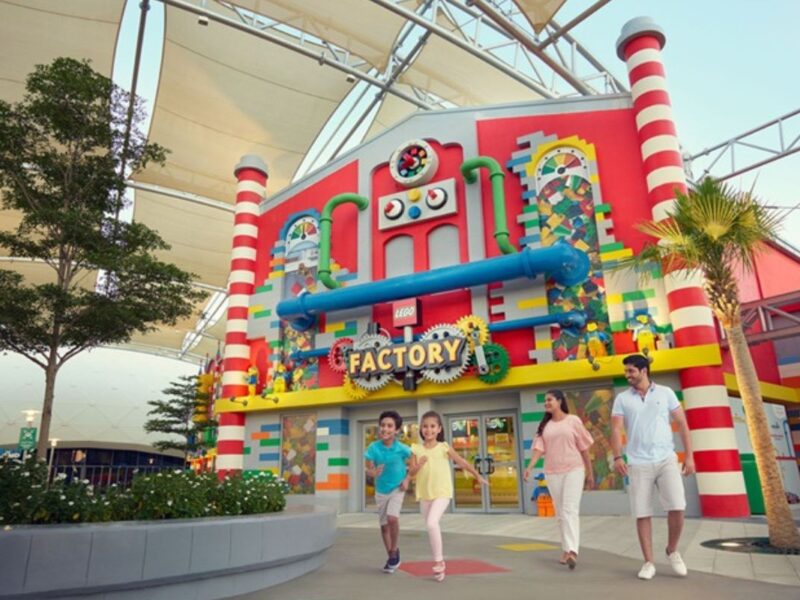Joining DHL as a humble courier in 1982, David Wild never dreamt the company would evolve into the logistics giants it is today, nor that his career would run parallel to the success. With a wealth of experience in a variety of positions spread across three different continents, Wild has recently adopted his latest guise as commercial director of the Middle East.
“The way I view my job is to make sure that every one of the 15 entities that constitute DHL’s Middle East territory are performing to the same standards,” he explains. “I want the technology, the capability, the training, expectations and measurements to be the same. Whether they are as big as the UAE or a smaller country, we are pushing the same standards across the board.”
Wild is responsible for the sales and the marketing of the company, which includes public relations and customer service. “I am functionally accountable for these areas, which means that the tools and processes are my responsibility. I think it is important to do the right things for our customers and adhering to our correct policies and procedures,” he says.
Handed his new role only last November, Wild is no stranger to the Middle East region having been the company’s country manager of the UAE for over six years beforehand. On his arrival, DHL had a meagre six facilities established. Today, that figure has almost quadrupled to 23. Modestly attributing the regions growth as a large factor behind this, Wild does admit that investing wisely in its growth allowed DHL its status in the Middle East.
“The road infrastructure and the airports are massive compared to when I first arrived,” he remarks. “We went from relatively small aircraft to using Boeing 727s, literally the whole scale of our infrastructure has built dramatically. Out of the 15 countries in our Middle East territory, there is no market we have not invested significantly in.”
He has also identified change within the logistics market itself, and with the types of people he has to deal with in the industry. “Things like industry organisations such as the SCLG, and Logistics Middle East magazine that are definitely trying to push professionalism within the business. Supply chain management is starting to become more prominent,” he says.
DHL Express regional headquarters are located in Bahrain, but Wild has found a large degree of his time is spent in Dubai. A new customer management resources programme has been introduced, and with a strong emphasis on multinational companies, Dubai has become the logical base from which to instigate it from.
“One of the reasons I am maintaining an office in Dubai is that I do see the pull and leverage of the UAE in relation to logistics and supply chains, and therefore commercial opportunities. My customer relationship at the start will be based from our office in Jebel Ali,” elaborates Wild.
Despite taking a new position, Wild believes his goals have remained the same. “When I became country manager here, my role was to satisfy customers and I think it is the same with my new job. The challenge is the same – to reach and exceed targets by developing support to a service that will keep ahead of the competition.”
Wild also has a personal aspiration in the Middle East. As country manager, he became part of DHL’s strategic plan group who devised a ten year plan for aggressive growth in terms of shipping numbers, revenue and profit across the region. Wild is now determined to see the plan through to its conclusion.
Optimistic this will be achieved Wild does, however, believe the industry in the Middle East has yet to reach its full potential. Working for DHL as European accounts manager in Brussels during the eighties and in Hong Kong as global account manager during the nineties, Wild has worked in some of the finest logistics operations in the world.
“We are implementing and pursuing strategies that we have used elsewhere in the world, that are more customer led and built around efficiency and productivity. At the moment, too much out here is built around ‘stack them high, price them low’. It is a little wasteful I would say,” he muses. “There are huge amounts of obsoletes due to unprofessional approaches and bad warehousing. There are a lot of costs associated with logistics in this region that can be eliminated by using quality leading edge strategies.”
Wild also believes quality varies throughout the region, with some countries already very sophisticated. As competition continues to heat up, he argues, the quality of relationships between companies will improve. “We will continue to see an adoption in the Middle East of leading edge examples from Europe, the Far East and the US, and end up with a supply chain that is about customers.”
Comparing the Middle East to the Far East, Wild admits there is some way to go. When he left Hong Kong and came to the region, he realised how much the Far East was immersed in logistics. “They had leading edge logistics ideas from Japan, and Hong Kong was effectively the logistics department of China; there were so many experts,” he contemplates. “It seemed like there was some catching up to do here in terms of the quality of warehouses, the systems, and the measurements in the supply chain, but I would say things are moving along quickly, especially with the big companies in Jebel Ali.”

